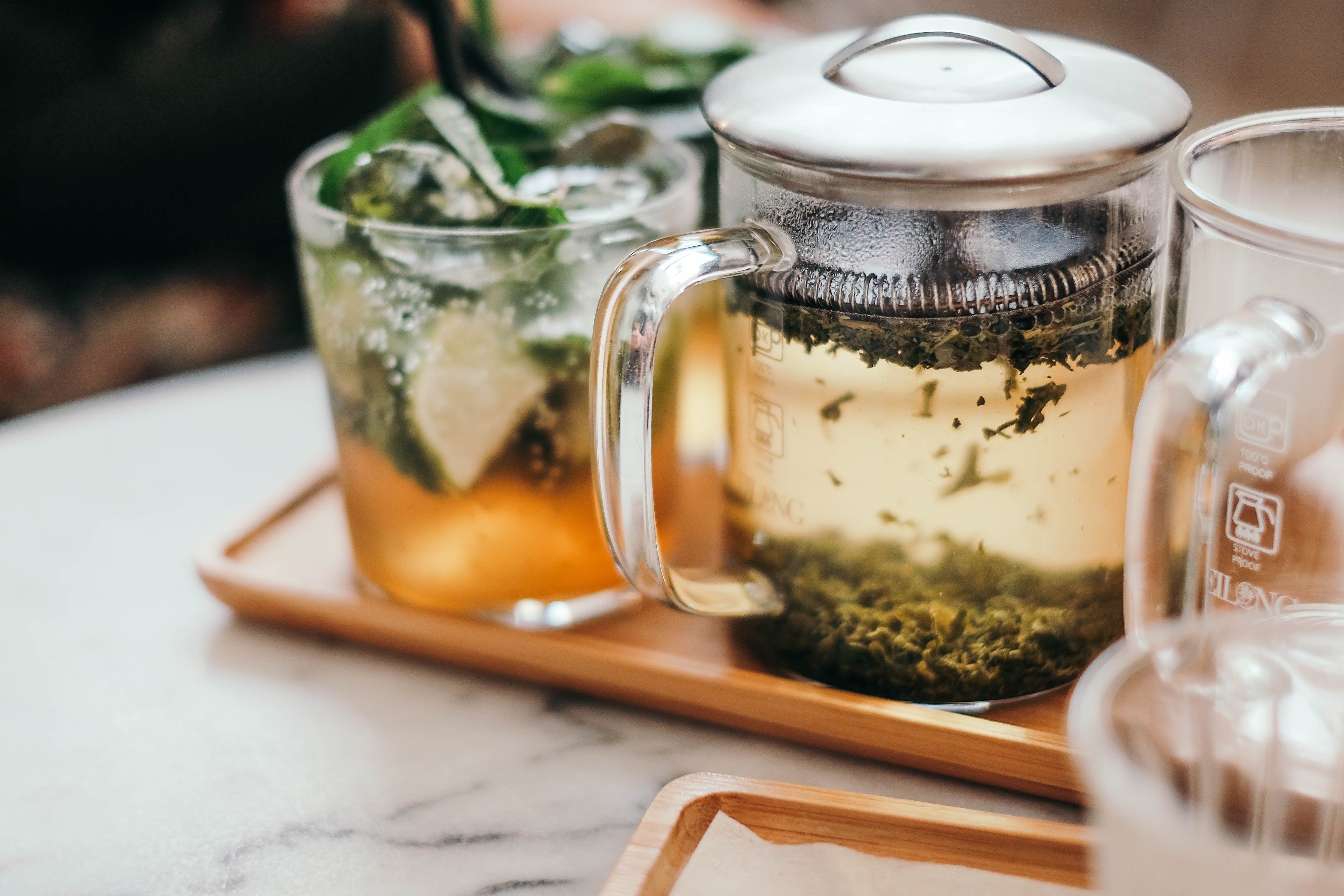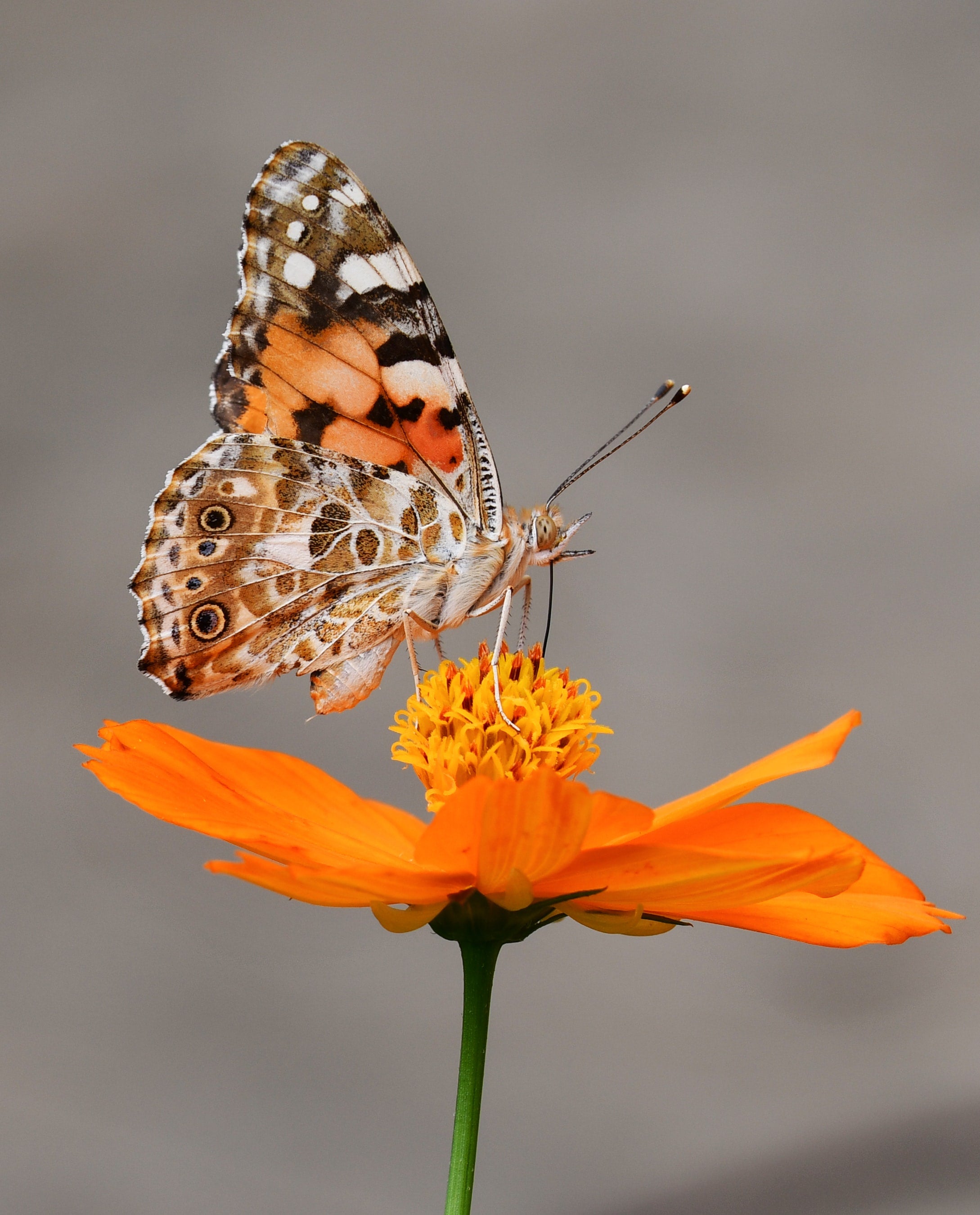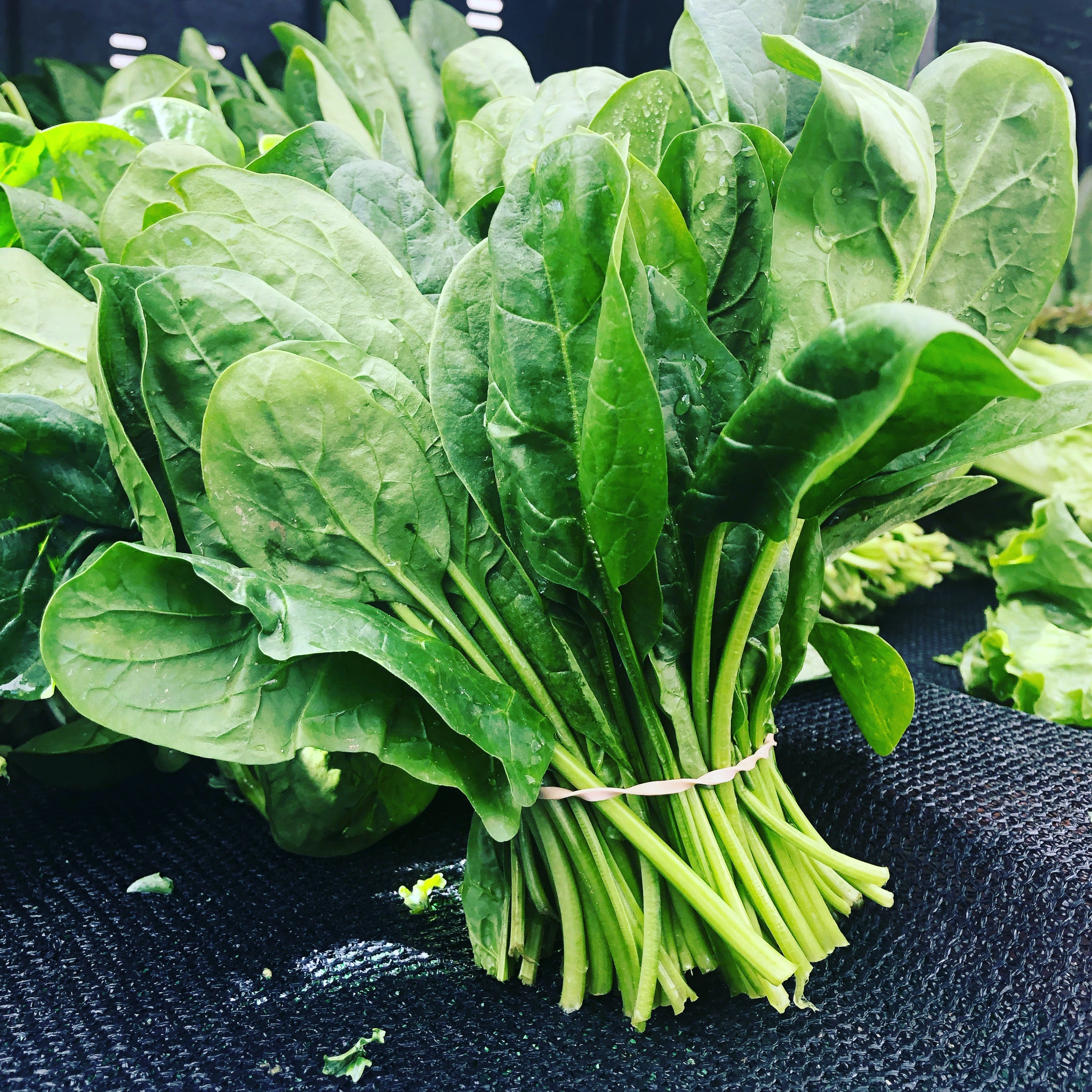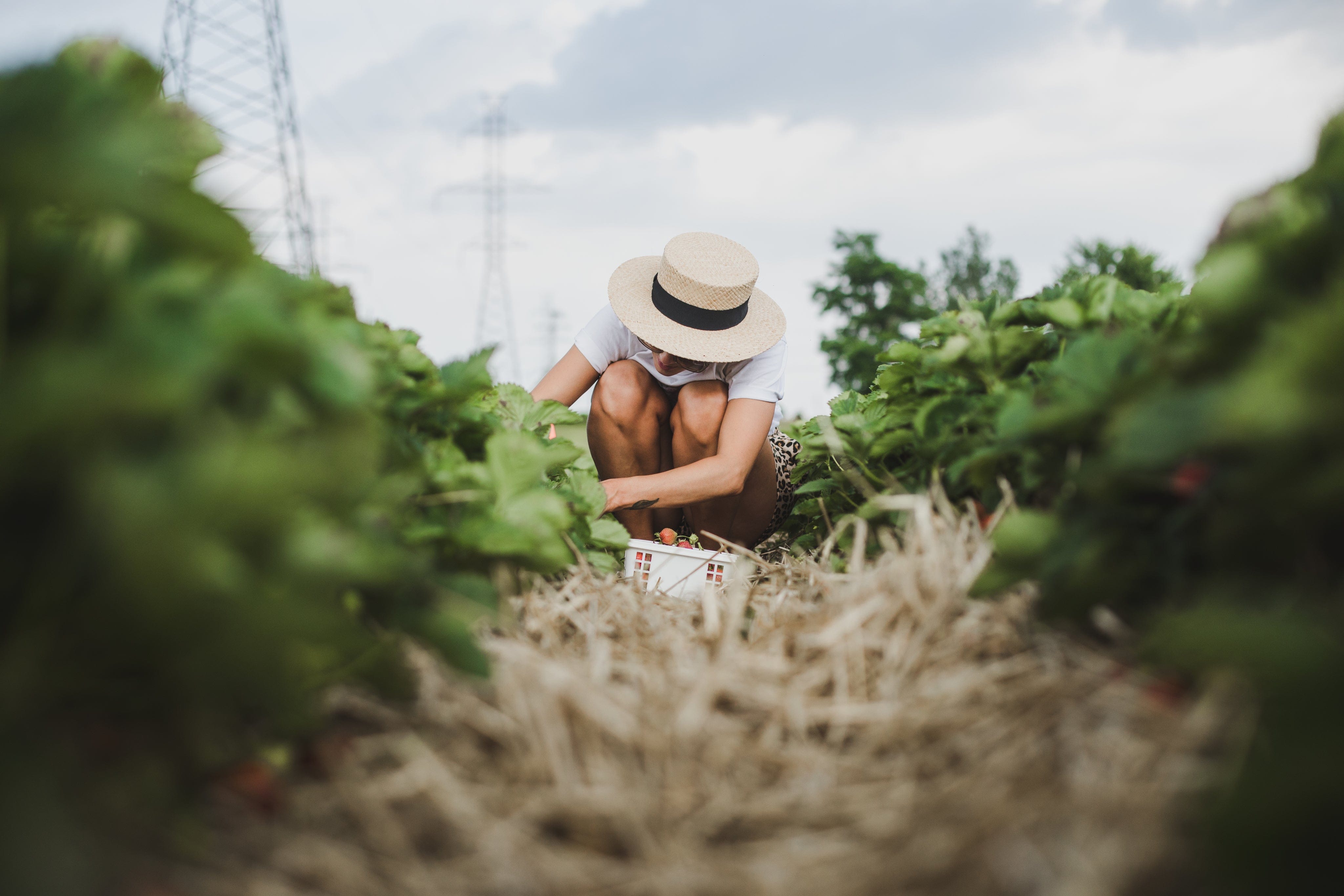
How to Grow Herbs for Tea: A Beginner's Guide to Cultivating Delicious and Healing Tea Ingredients
South Africans have a deep love for tea, which is why growing herbs for tea can be a fun and fulfilling activity. Not only is it a great way to enjoy fresh and delicious tea, but it also provides the opportunity to grow your own natural remedies that can improve your health and wellbeing.
Whether you're a beginner or an experienced gardener, this guide will give you everything you need to know about how to grow herbs for tea, from selecting the right herbs to harvesting and preparing them.
Choosing the Right Herbs for Tea:
When selecting herbs to grow for tea, it's important to consider the flavor and health benefits that each herb can offer. Here are some of the best herbs for tea that you can grow in your garden:
- Mint: Mint is one of the most popular herbs for tea because of its refreshing and calming properties. It can also help with digestion, headaches, and congestion.
- Chamomile: Chamomile is a gentle herb that can help with anxiety, insomnia, and inflammation. It also has a delicate floral flavor that is perfect for tea.
- Lemon Balm: Lemon balm has a citrusy flavor that can help with stress, anxiety, and insomnia. It's also known for its antibacterial and antiviral properties.
- Rosemary: Rosemary has a bold and savory flavor that can add depth to your tea. It's also a natural remedy for headaches, indigestion, and memory loss.
- Lavender: Lavender has a soothing and calming effect that can help with anxiety, insomnia, and headaches. It also has a light floral flavor that pairs well with other herbs.
Planting and Growing Herbs for Tea:
Once you've selected the herbs you want to grow, it's time to plant them. Here are some tips to help you get started:
- Choose a sunny location: Most herbs require at least six hours of direct sunlight per day, so choose a spot in your garden that gets plenty of sun.
- Prepare the soil: Herbs prefer well-draining soil that is rich in organic matter. Add compost or aged manure to improve the soil quality.
- Water regularly: Herbs need consistent moisture to thrive, so water them deeply once or twice a week, depending on the weather.
- Prune regularly: Pruning your herbs regularly can help them grow bushier and produce more leaves. It's also a great way to keep them from becoming too leggy or spindly.
Harvesting and Preparing Herbs for Tea:
Once your herbs are mature and ready to be harvested, it's time to start making tea. Here are some tips for harvesting and preparing herbs for tea:
- Harvest in the morning: Harvest your herbs in the morning when the oils are most concentrated. This will give you the best flavor and aroma.
- Choose young leaves: Choose young, tender leaves for the best flavor. Older leaves can be bitter and tough.
- Dry your herbs: Once you've harvested your herbs, dry them in a warm, dry place. You can hang them upside down in a dark, well-ventilated area, or use a dehydrator.
Store your herbs: Once your herbs are dry, store them in an airtight container away from light and heat. This will help preserve their flavor and potency.
FAQs:
Q: How long does it take to grow herbs for tea?
A: Most herbs for tea can be grown from seeds and can take 2-3 months to mature. However, some herbs like mint and lemon balm can be propagated through cuttings and will mature faster.
Q: Can I grow herbs for tea in containers?
A: Yes, herbs for tea can be grown in containers, which makes them perfect for small gardens or balconies. Just make sure your containers have good drainage and are large enough for the herbs to grow.
Q: How often should I fertilise my herbs for tea?
A: Herbs for tea don't need much fertiliser, but you can give them a boost with a balanced organic fertiliser every few weeks.
Q: Can I use fresh herbs for tea, or do I need to dry them first?
A: You can use fresh herbs for tea, but dried herbs will have a more concentrated flavour. If you're using fresh herbs, make sure to use more of them to get the same flavour as dried herbs.
Growing herbs for tea is a fun and rewarding project that can provide you with fresh and delicious tea ingredients. By selecting the right herbs, planting them in the right location, and harvesting and preparing them properly, you can enjoy a wide variety of flavourful and healing teas. Whether you're a tea lover or a gardener, growing herbs for tea is a great way to connect with nature and improve your well-being.
So why not give it a try and see what amazing teas you can create with your own homegrown herbs?




Leave a comment
This site is protected by hCaptcha and the hCaptcha Privacy Policy and Terms of Service apply.